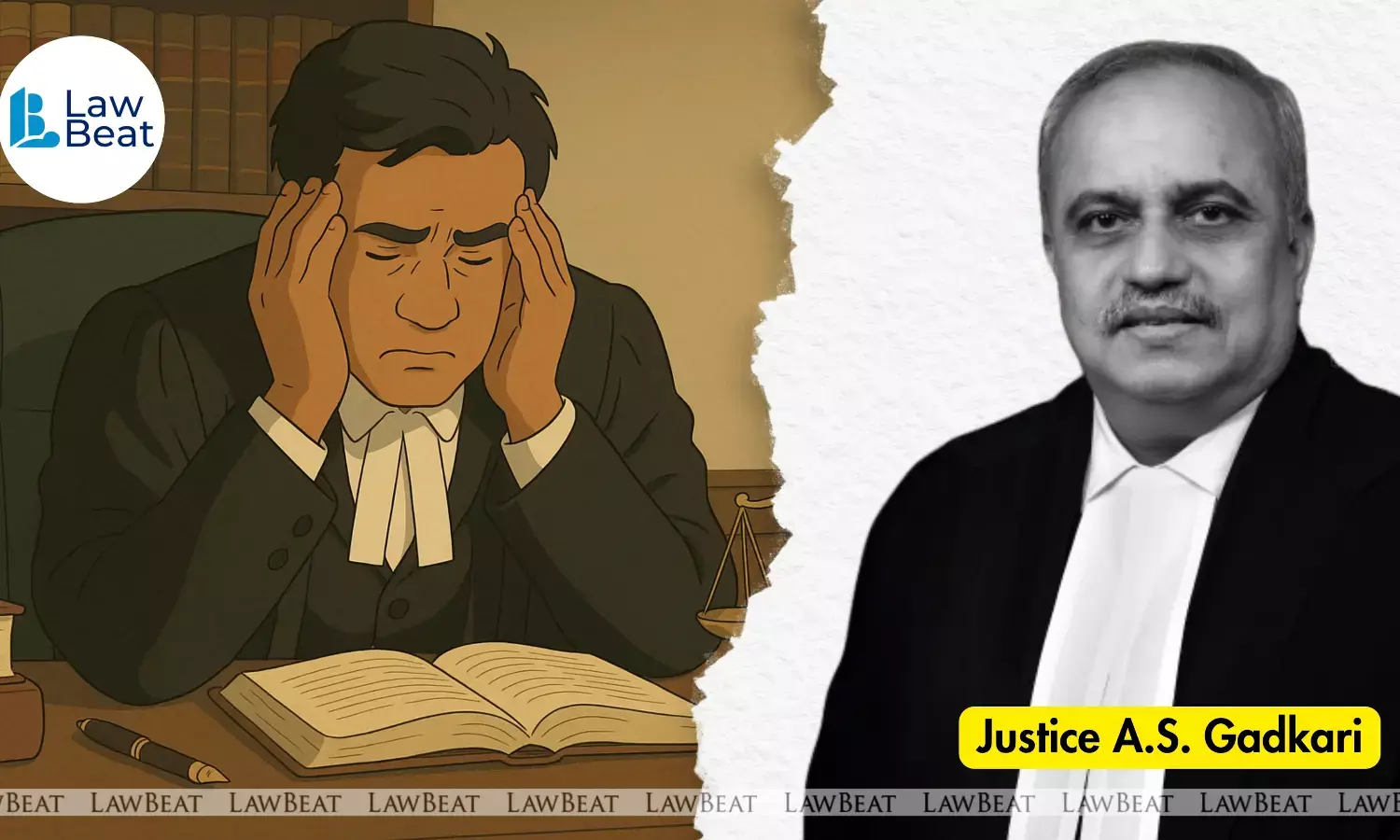Bombay HC: Young Lawyer Faints In Court After Being Rebuked By Judge

In a sobering incident that unfolded in the Bombay High Court on Friday, a young lawyer reportedly fainted after being publicly reprimanded by Justice A.S. Gadkari. Eyewitnesses say the judge used a stern and unrelenting tone, which left the visibly nervous lawyer overwhelmed. The lawyer, who was appearing before him, reportedly struggled to respond before collapsing in the courtroom, prompting medical attention.
While the courtroom is no stranger to tension and high stakes, the episode has reignited a long-standing conversation within the legal fraternity: where does judicial firmness end and bullying begin?
While senior members of the bar have long adapted to the pressures of courtroom exchanges, younger entrants often find themselves ill-equipped to cope with hostile questioning or public dressing-downs. What might be intended as a corrective comment from the Bench can feel deeply intimidating to those still building confidence in a system where hierarchical deference is implicit.
This is not the first time a judge’s conduct has made headlines. From abrupt dismissals of arguments to personal comments on preparedness, courtrooms across India have seen their share of uncomfortable interactions. Yet, the silence around them remains near-total, owing largely to the power imbalance between the Bench and the Bar. Criticising a judge, even constructively, can carry unspoken professional risks.
At the same time, there are examples of judicial magnanimity that remind us of the possibilities of mentorship from the Bench. Justice D.Y. Chandrachud, ex-Chief Justice of India, is often cited as one who encourages junior lawyers to articulate their thoughts without fear. Justice Chandrachud’s gesture of arranging stools for junior lawyers during a Supreme Court hearing where he saw the junior bar standing with laptops behind the Solicitor General and he intervened to arrange seating for them, inspecting the stools himself, he is often described by advocates as “an epitome of generosity.”
Justice N.V. Ramana, during his tenure as CJI, made public statements about the need to nurture young lawyers and even proposed institutional mechanisms to support them in lower courts.
Similarly, Justice Gautam Patel of the Bombay High Court is known to allow juniors space to argue, often injecting humour to ease their anxiety.
These contrasting experiences raise a crucial question: should judges be held to higher standards of emotional intelligence, especially in a profession that thrives on mentorship, decorum, and reason?
Judicial accountability is often discussed in the context of judgments or delay. But the everyday environment judges create in their courtrooms is equally consequential. A single hostile interaction can leave a lasting scar on a young lawyer’s psyche. At a time when the Bar Council is making efforts to expand legal education and diversity in the profession, the Bench must be equally conscious of fostering an environment that does not crush talent before it finds voice.
As the lawyer recovers from the incident, the legal community must confront an uncomfortable but necessary truth: fear must never become a prerequisite for respect.
